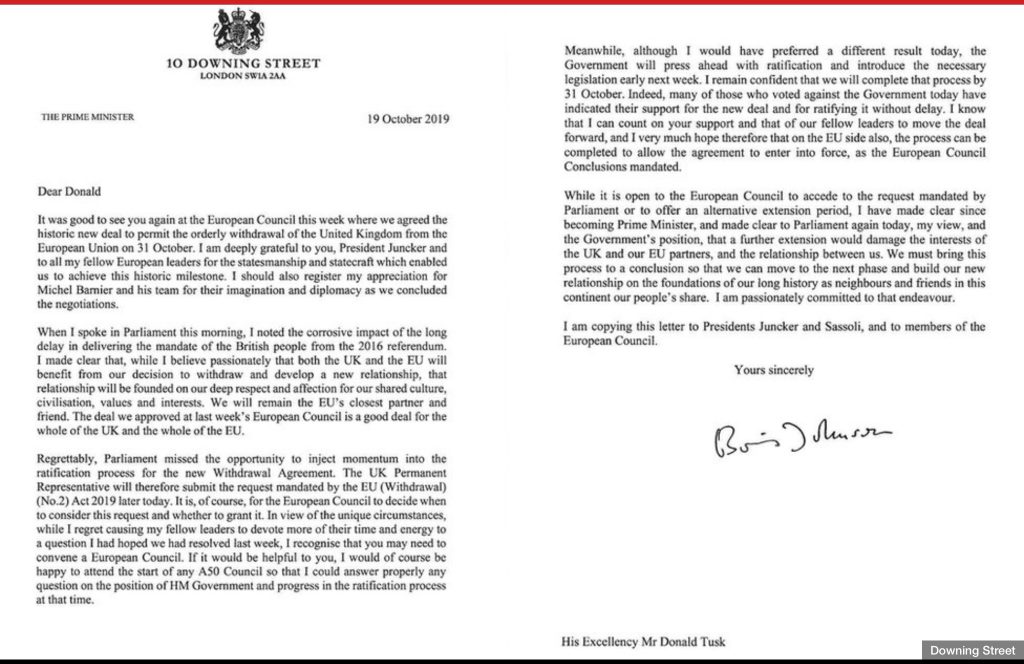
A belated Happy New Year to Glossophiles everywhere! I’m sorry that a couple of biological* and technological* glitches took Glosso off the air for a while, but we’re back in business and looking forward to all that 2022 has to offer to us word-nerds.
I think we can all agree that the year is off to a flying start with the auspicious birth of Wordle. OK, OK: I know it launched in October last year and suddenly got popular in December, but I’m afraid I’m a late Wordle bloomer (thanks to glitch 1 mentioned earlier) so I see it as a 2022 phenomenon. My question is this: how did we ever live without it?
For any Glossophiles who have been living under a rock since December (as I was), here is what you’ve been missing. Wordle is a web-based word game developed by Josh Wardle (sic), a programmer who previously created the social experiments “Place” and “The Button” for Reddit. Players try to guess the day’s five-letter word in six attempts or fewer. Feedback is given to each attempt in the form of colored tiles, informing players if they’ve guessed any of the letters in that day’s word correctly. Letters marked green are in the word and in the correct word position, while those marked yellow are in the word but in another position. The mechanics and rules are similar to those in Mastermind, except that Wordle specifies exactly which letters in each attempt are correct. There is just one specific answer word for each day, and it is the same word for every player the world over.
The world loves Wordle.
* a case of Omicron and a lapsed security certificate respectively
***









